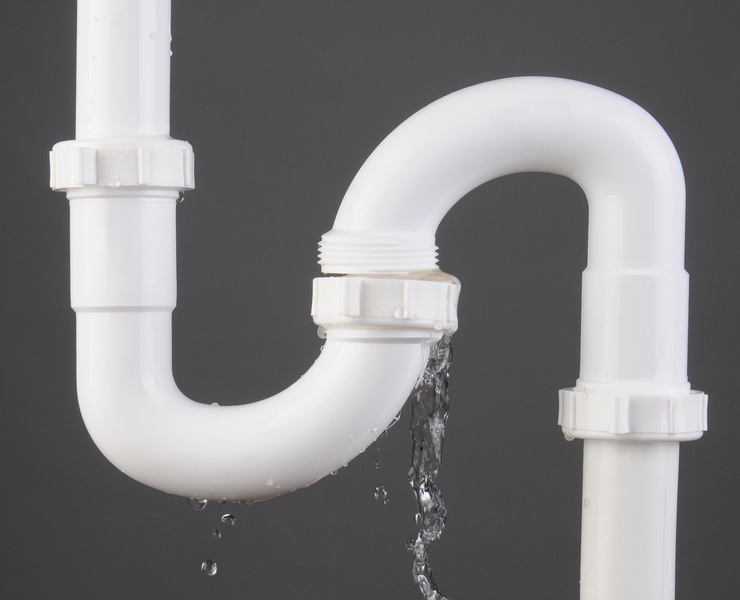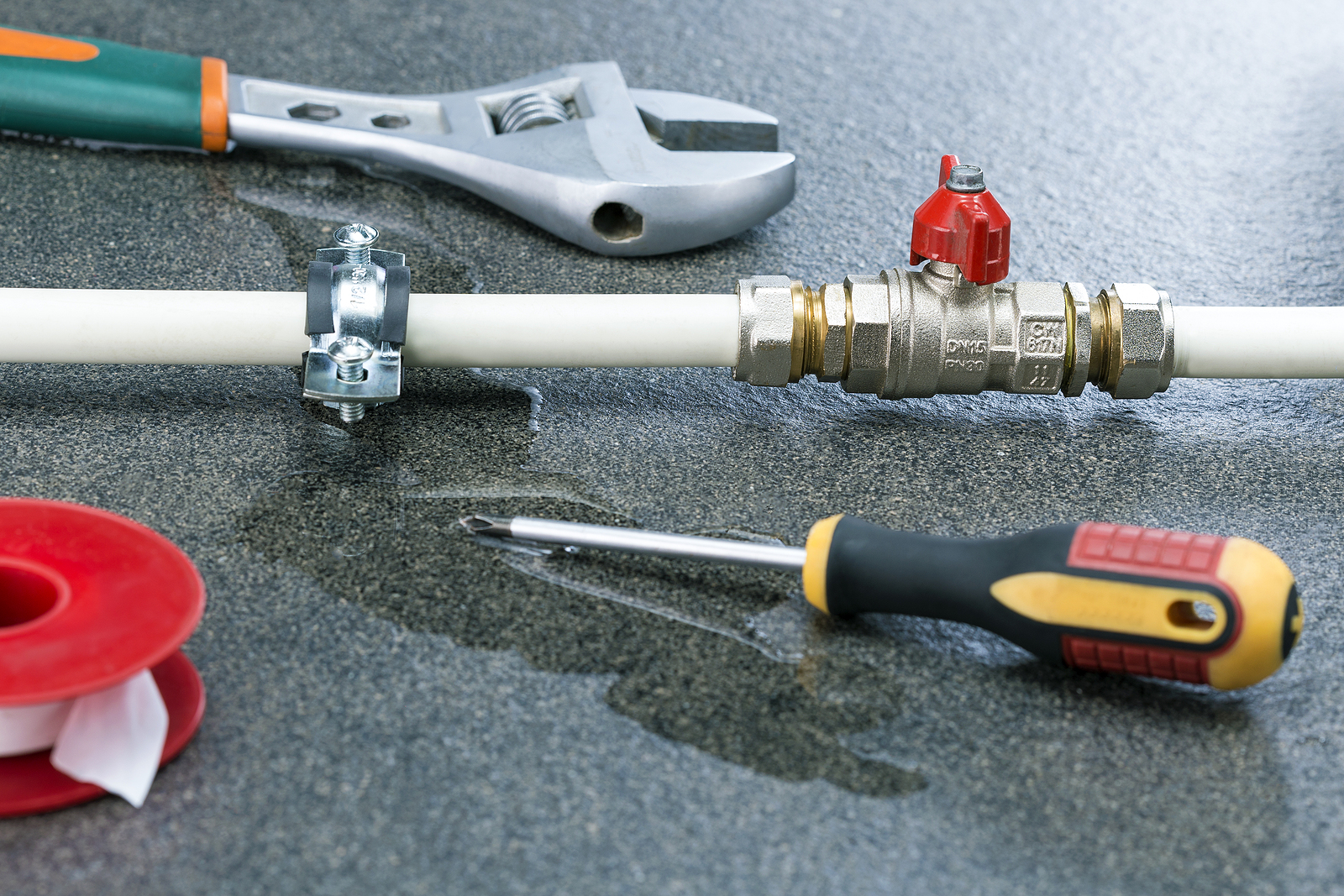Spot Sneaky Water Line Leaks: Six Smart Detection Tips
Spot Sneaky Water Line Leaks: Six Smart Detection Tips
Blog Article
This great article following next in relation to Locating water leaks is particularly motivating. Don't skip it.

Early detection of leaking water lines can minimize a potential catastrophe. Some small water leakages might not be visible.
1. Analyze the Water Meter
Every home has a water meter. Examining it is a proven way that helps you discover leaks. For starters, shut off all the water resources. Make certain no person will certainly flush, use the faucet, shower, run the washing device or dishwashing machine. From there, go to the meter and watch if it will certainly alter. Because no one is using it, there need to be no activities. That shows a fast-moving leakage if it relocates. Furthermore, if you identify no changes, wait a hr or 2 and also examine back once more. This indicates you may have a sluggish leak that could even be below ground.
2. Check Water Intake
Evaluate your water costs and track your water intake. As the one paying it, you ought to notice if there are any kind of disparities. If you identify sudden changes, in spite of your consumption being the same, it indicates that you have leakages in your plumbing system. Keep in mind, your water expense should drop under the exact same variety each month. A sudden spike in your bill shows a fast-moving leakage.
A consistent increase every month, also with the exact same habits, reveals you have a slow leakage that's also gradually escalating. Call a plumber to extensively check your residential or commercial property, especially if you really feel a warm location on your floor with piping below.
3. Do a Food Coloring Test
When it comes to water usage, 30% comes from commodes. If the color in some way infiltrates your bowl throughout that time without flushing, there's a leak between the container and dish.
4. Asses Outside Lines
Do not fail to remember to inspect your outside water lines as well. Must water permeate out of the link, you have a loose rubber gasket. One tiny leak can waste loads of water and spike your water bill.
5. Examine and Analyze the Circumstance
House owners ought to make it a behavior to check under the sink counters as well as even inside cabinets for any kind of bad odor or mold and mildew development. These two warnings indicate a leak so timely interest is required. Doing routine inspections, also bi-annually, can conserve you from a major problem.
Inspect for stainings and also compromising as most pipes and also home appliances have a life span. If you believe leaking water lines in your plumbing system, don't wait for it to rise.
Early detection of dripping water lines can mitigate a prospective disaster. Some small water leakages may not be noticeable. Inspecting it is a surefire method that aids you discover leaks. One little leak can lose tons of water as well as spike your water expense.
If you believe leaking water lines in your plumbing system, don't wait for it to rise.
5 Signs that Your Home Has a Hidden Leak
Your water bill is unusually high without explanation
Generally, your water bill tends to stay consistent throughout the year as long as the same number of people live in your household year round. The bill might be higher during certain times of the year, such as summer, when your lawn may require more watering than it does in cooler months. However, if you notice a rise in your water bill that you can’t explain, it’s an indicator that there’s a hidden leak somewhere in your home.
You hear running water
One of the biggest signs that you have a water leak is the sound of rushing water when no plumbing fixtures are on and when no water-using appliances are running. If you hear running water in your walls when no water is being used anywhere in your home, locate your home’s main water shut-off valve, shut off your water supply, and contact a plumber at once.
Your home smells musty
Hidden leaks often occur in dark spaces, such as behind walls or under carpeting. Incidentally, darkness and moisture can create an ideal breeding environment for mold or mildew. If you start to smell mildew or the scent of rotting wood or stagnant water around your home, it’s a fair bet that a leak is the culprit.
You find wet spots around your home
The wet spots usually show up as moist areas in your carpeting. If your home has a basement level, puddles on the floor could indicate a slab leak. Outside, unexplainable puddles or lush, green patches in your yard often mean that there’s a leak in your sewer line or main water line.
You have stains, bubbles, or condensation on your walls/ceiling
Stains or condensation on your walls or ceiling are both major signs of a hidden leak. Also, drywall (AKA. sheetrock) is very absorbent, and as it takes on more water from a leak behind a wall, it will start to bubble, swell, or warp. If you see this happening in your home, don’t wait to contact a plumber before the water damage spreads.
https://www.ezflowplumbingaz.com/blog/2019/june/5-signs-that-your-home-has-a-hidden-leak/

I'm very interested in Finding hidden leaks and I'm hoping you appreciated the blog posting. If you please take the opportunity to share this blog if you enjoyed reading it. We thank you for reading our article about Hacks to detect leaks.
Get instant help, call now! Report this page